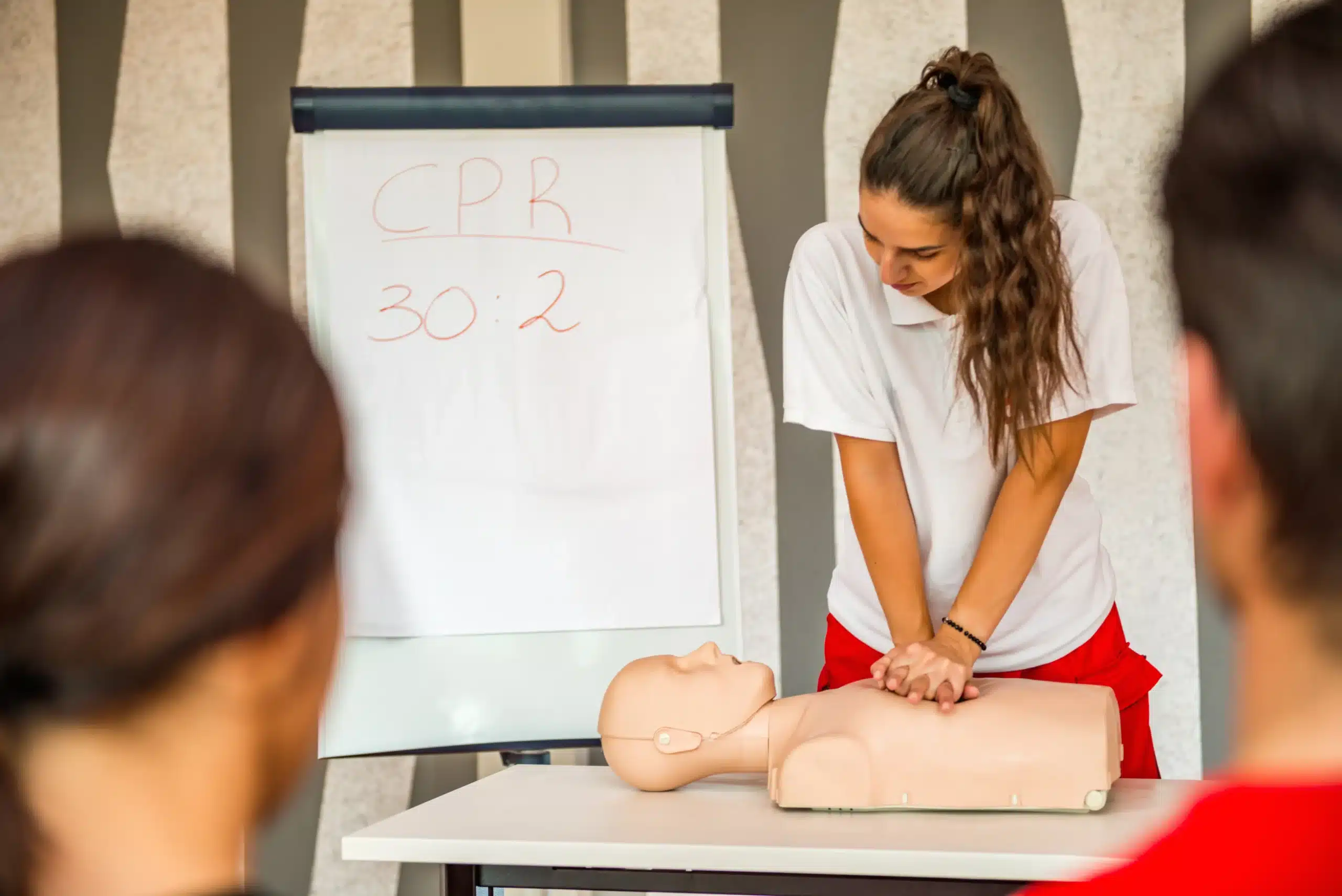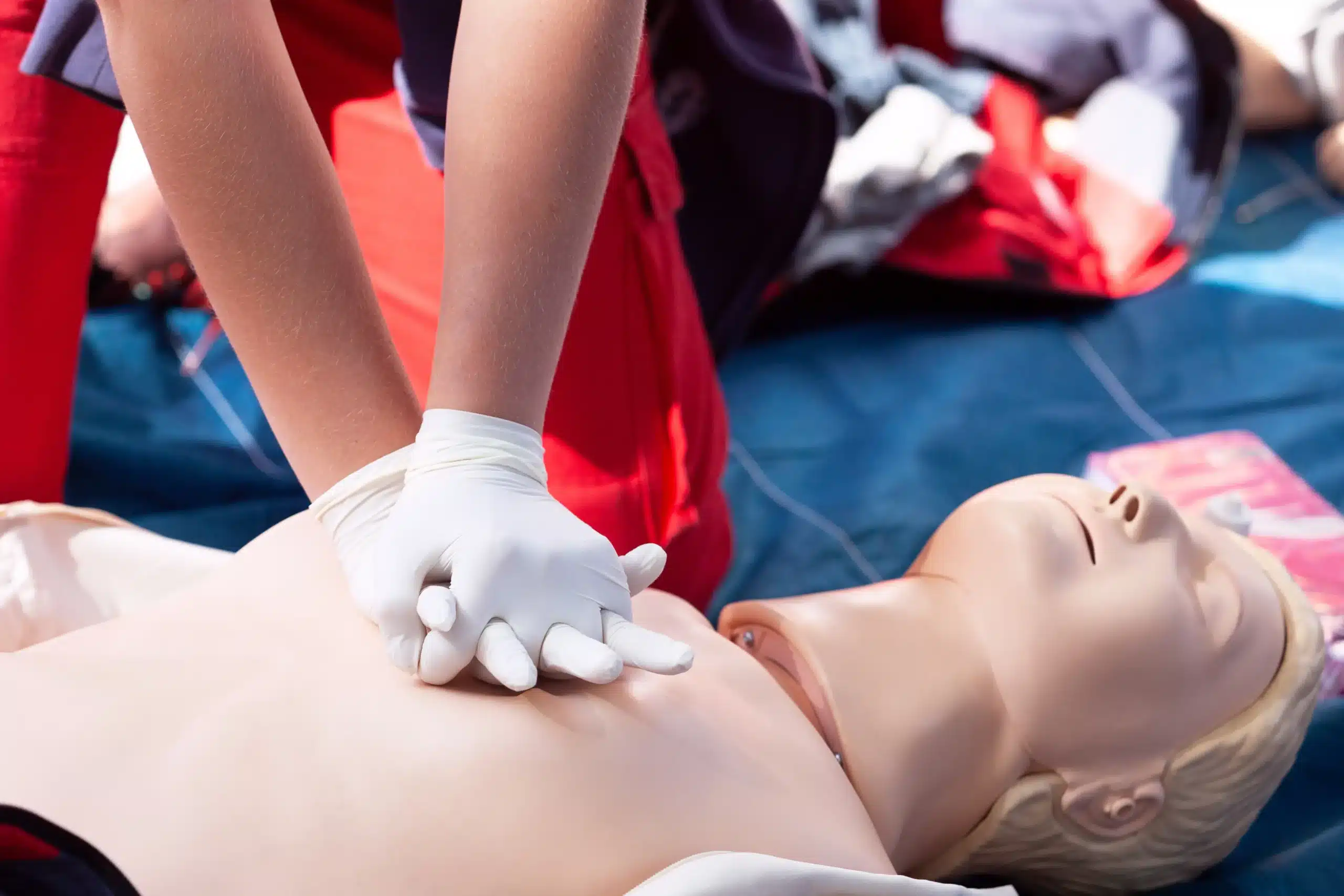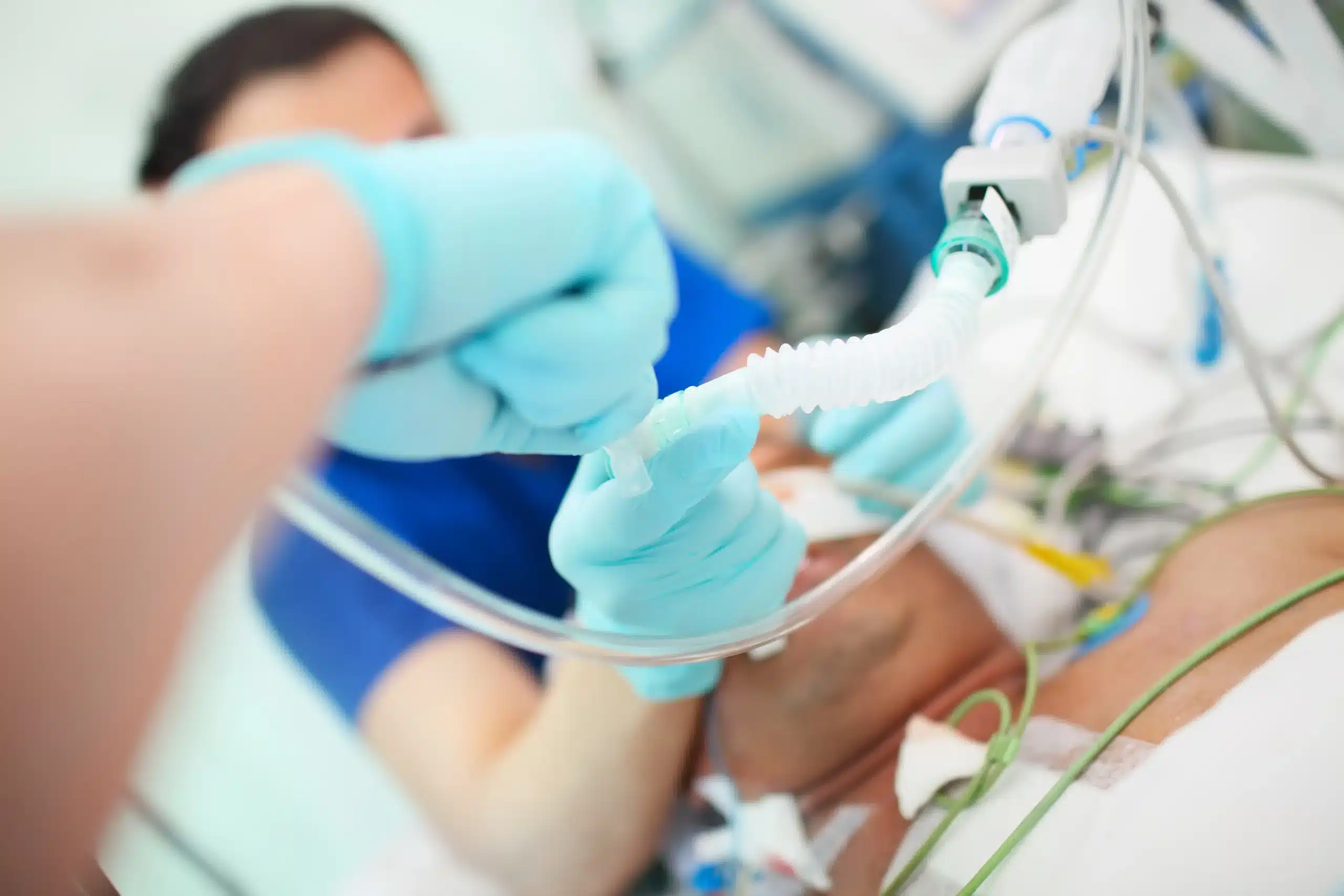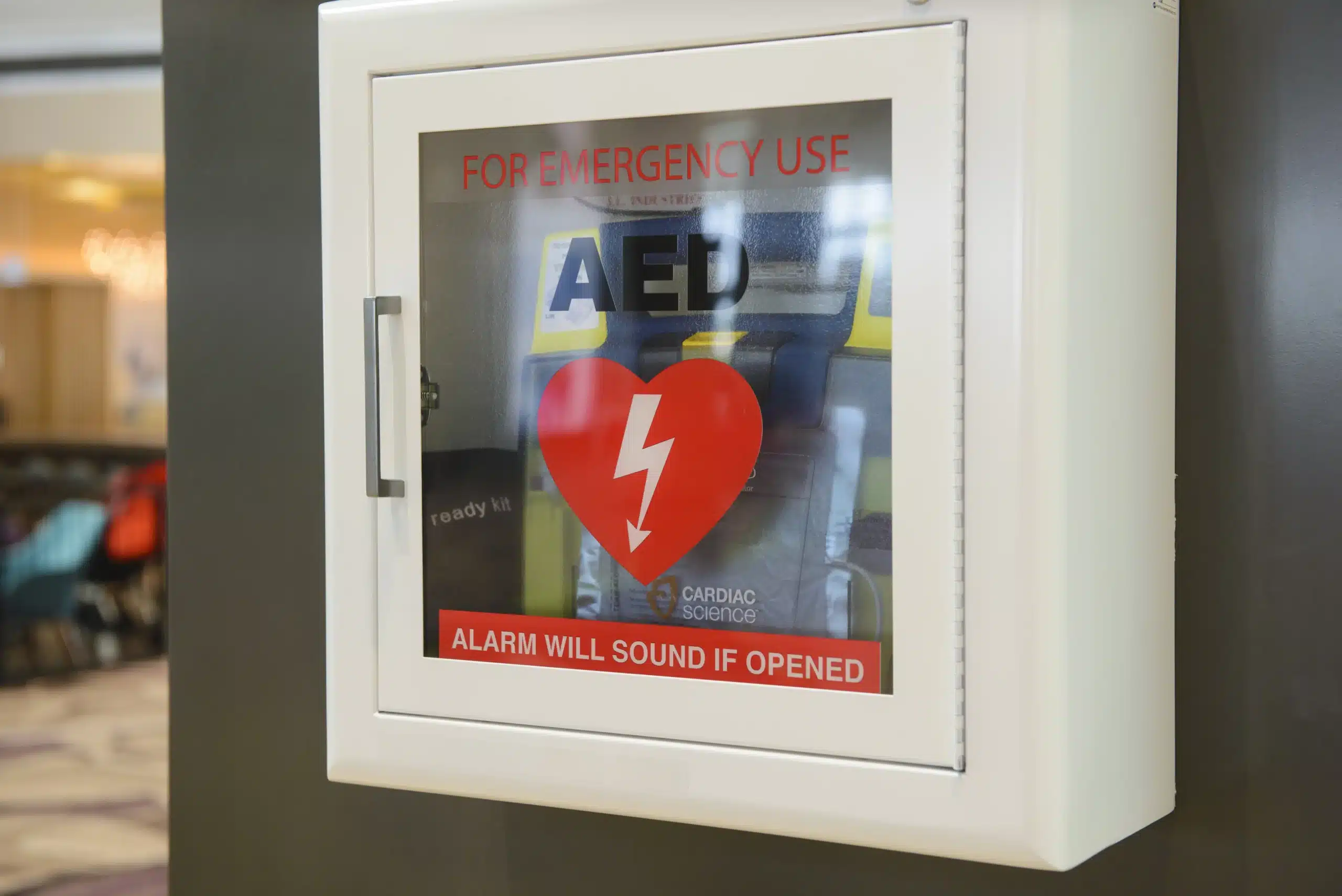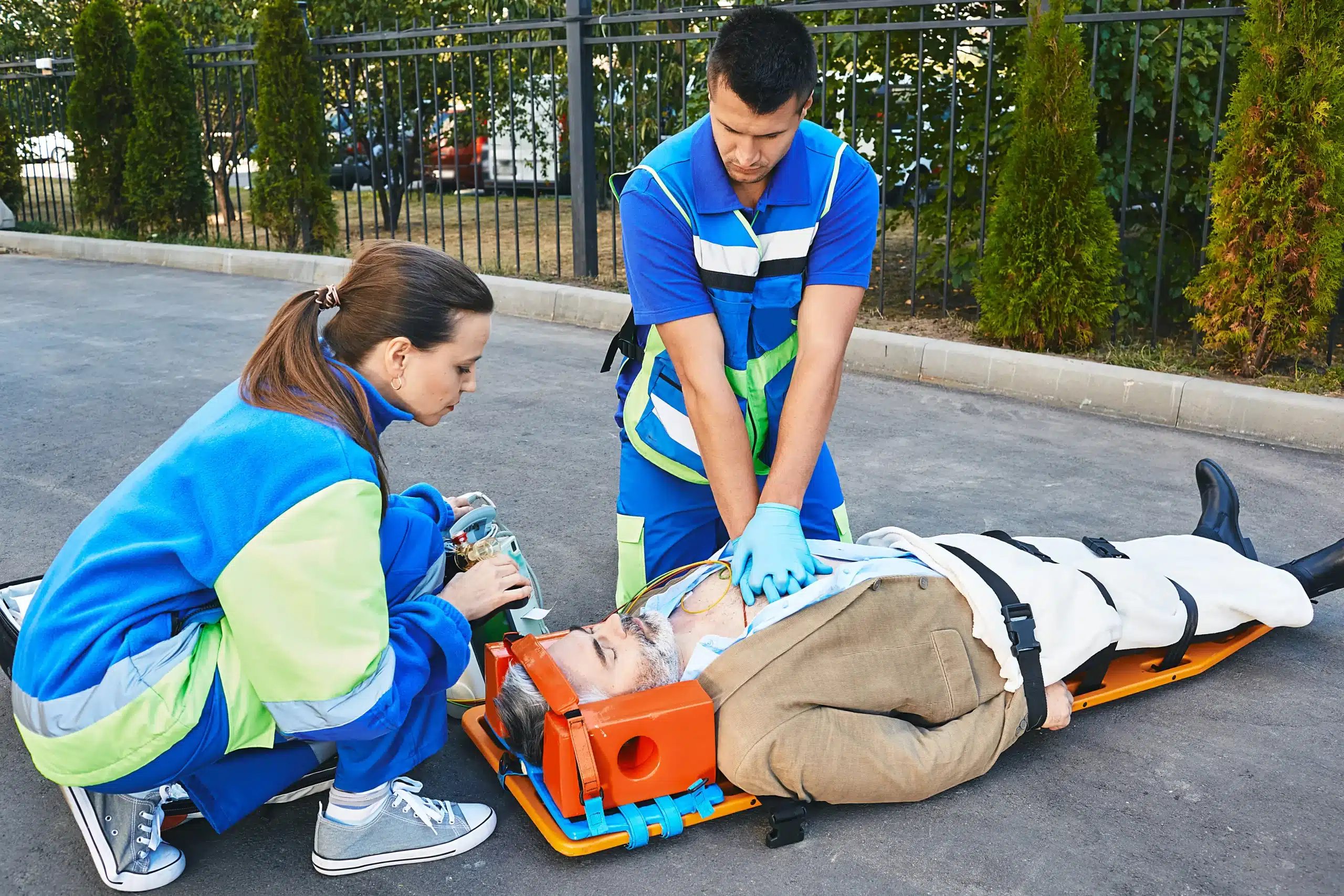Your CPR certification is more than just a piece of paper; it’s a testament to your ability to provide life-saving assistance in times of need. But like any critical skill, CPR requires regular renewal to ensure you’re equipped with the most up-to-date techniques and knowledge. This guide focuses specifically on CPR renewal in Millbrae, offering a comprehensive overview of the process, from understanding the importance of AHA guidelines to choosing the right renewal course. We’ll explore the various course formats available in Millbrae, discuss the costs and value of certification, and provide helpful resources to support your renewal journey. Whether you’re a healthcare professional or a concerned community member, this guide will empower you to stay certified and prepared for emergencies in Millbrae.
Key Takeaways
- Regular CPR renewal ensures you’re equipped with the most current life-saving techniques. This refresher is crucial for responding effectively in emergencies and providing the best possible care. Choose a course format that fits your schedule and learning style.
- Select a CPR renewal course that meets your specific professional requirements. Consider the necessary certification level (BLS, ACLS, PALS) and the course format that best suits your needs. Research different providers and compare costs to find the right fit.
- Investing in CPR renewal provides long-term value beyond professional requirements. Staying certified demonstrates your commitment to safety and empowers you to confidently handle medical emergencies. Explore resources and discounts to make the training more accessible.
What is CPR Renewal in Millbrae?
CPR certification, like many important skills, isn’t something you learn once and know forever. It expires. CPR guidelines are updated regularly to reflect the latest scientific research and best practices, so renewing your certification every two years is essential to ensure you’re providing the most effective care. In Millbrae, CPR renewal involves retaking a certified course, covering core skills like chest compressions, rescue breaths, and using an AED. This refresher ensures you’re up-to-date with the current American Heart Association (AHA) guidelines. You’ll practice these techniques and solidify your knowledge, preparing you to respond confidently in a real-life emergency.
Why CPR Certification Renewal Matters
Staying current with your CPR certification isn’t just about checking a box; it’s about being truly prepared to help someone in need. Regular renewal ensures you’re equipped with the most effective techniques, potentially increasing the chances of a positive outcome during a cardiac arrest. For many professions, like those in healthcare and childcare, maintaining a valid CPR certification is a job requirement. Even if it’s not mandatory for your work, having current CPR skills is a valuable asset, demonstrating your commitment to safety and preparedness in your community.
Who Needs CPR Recertification?
CPR recertification is a must for anyone whose certification is nearing its two-year expiration date. Many professions require CPR certification as a condition of employment. This includes roles in healthcare, such as doctors and nurses, but extends to other fields like education, childcare, and even some hospitality positions. Even if your job doesn’t explicitly require it, renewing your CPR certification is a smart move for anyone who wants to be prepared to help in a medical emergency. Whether you’re a parent, a coach, or simply a concerned citizen, having up-to-date CPR skills can make a real difference.
Common CPR Renewal Misconceptions
One common misconception about CPR renewal is that it’s a complicated, time-consuming process. In reality, renewal courses are designed to be efficient and straightforward, focusing on refreshing your existing knowledge and skills. Another misconception is that if you haven’t used your CPR skills since your initial training, you don’t need to renew. However, guidelines change, and regular practice is crucial for maintaining proficiency. Finally, there are often questions about online CPR renewal. Online CPR courses can be a convenient option, but it’s important to choose a reputable provider that meets AHA guidelines and includes a hands-on skills assessment component. This ensures you’re getting the practical training you need to respond effectively in a real-world emergency.
CPR Renewal Courses
Keeping your CPR skills sharp is crucial, especially in healthcare. Regular renewal ensures you’re always prepared to respond effectively in a crisis. Let’s look at the key renewal courses available through Safety Training Seminars.
BLS Renewal
Basic Life Support (BLS) renewal courses are the foundation for any healthcare provider or first responder. These courses cover core CPR skills and how to use an Automated External Defibrillator (AED). Staying current with the latest guidelines—recommended every two years—means you’re providing the best possible care. A BLS renewal reinforces these essential skills, keeping you confident and prepared.
ACLS Renewal
For healthcare professionals who lead or participate in emergency cardiovascular care, Advanced Cardiovascular Life Support (ACLS) renewal is a must. Like BLS, it’s recommended you refresh your ACLS certification every two years. This ensures you stay proficient in advanced life-saving techniques and can handle complex cardiovascular emergencies. Check out our ACLS renewal courses to learn more.
PALS Renewal
Pediatric Advanced Life Support (PALS) renewal courses are designed for healthcare providers working with infants and children. These courses focus on assessing and managing critically ill young patients, emphasizing the importance of teamwork in high-pressure situations. All PALS renewal courses include hands-on practice and a skills test using a mannequin, so you can confidently apply what you learn. Learn more about our PALS renewal courses.
Choose the Right CPR Renewal Course
Picking the right CPR renewal course is key to maintaining your skills and meeting your professional requirements. Let’s break down how to find the perfect fit.
Match Your Professional Goals
First, think about why you need CPR certification. Are you a healthcare provider, a teacher, or someone who simply wants to be prepared for emergencies? Your profession often dictates the level of certification you need. Healthcare professionals, for example, typically require BLS certification, while others may opt for a standard CPR and First-Aid course. Remember, CPR certification needs renewal every two years to keep your skills aligned with current American Heart Association (AHA) guidelines. For healthcare professionals needing to maintain competency between renewals, consider an RQI program.
Consider Your Target Audience
If you’re renewing your certification to maintain a specific job or volunteer role, double-check the required certification level. Some workplaces may require healthcare providers to hold ACLS or PALS certification in addition to BLS. Understanding these requirements upfront streamlines your renewal process.
Overcome Course Selection Challenges
Finding the right course can present a few hurdles. One common challenge is the technical side of online renewal courses. The AHA online portion requires a computer or tablet; a phone won’t work. Also, course fees vary depending on the provider and the type of certification. Safety Training Seminars offers a low price guarantee, so you can find a course that fits your budget. Finally, consider the course format. Do you prefer in-person instruction or a blended learning approach? Thinking through these factors will help you choose the best course for your needs.
Course Formats, Duration, and Expectations
CPR renewal courses in Millbrae and surrounding areas like Daly City and San Mateo are offered in several formats. You can choose from in-person classes, blended learning (a mix of online and in-person sessions), and sometimes even fully online options. This flexibility lets you pick the format that best fits your schedule and learning style. For example, if you prefer hands-on learning and direct interaction with an instructor, a traditional in-person CPR class might be best. If you need more flexibility, blended learning could be a good fit. Safety Training Seminars offers a variety of courses to meet your needs.
In-Person vs. Blended Learning
In-person classes provide a structured learning environment with real-time feedback from certified instructors. You’ll practice skills on mannequins and get immediate clarification on any questions. Blended learning usually starts with an online self-paced module covering the theory and knowledge base. You then attend a shorter, in-person session to demonstrate your skills and receive your CPR certification. This format can be convenient for those who prefer to learn some material independently.
Online Renewal: What to Expect
While some providers offer fully online renewal courses, it’s important to understand the limitations. The American Heart Association, for instance, requires a computer or tablet for the online portion of their courses—a phone won’t work. Make sure you have the right equipment before registering for an online course like RQI. Also, keep in mind that even with online components, most courses still require an in-person skills assessment to receive your certification card.
Physical and Technical Requirements
Most basic CPR courses require participants to kneel on the floor to perform CPR on a mannequin for at least one cycle. This physical requirement can vary depending on the specific course, so if you have any physical limitations, it’s a good idea to discuss them with the course provider beforehand. For blended or online courses, ensure you have a reliable internet connection and the necessary devices to access the online materials. Contact us if you have any questions.
Typical Course Length
A basic CPR renewal course, such as the BLS CPR class, typically takes between four and six hours to complete. The duration can vary slightly depending on the provider and the specific curriculum. Factor in travel time and any breaks if you’re attending an in-person class. Blended learning courses may have shorter in-person sessions, but remember to account for the time needed to complete the online modules.
CPR Renewal Costs and Value
CPR renewal isn’t just about checking a box; it’s an investment in your skills and the well-being of those around you. Understanding the costs associated with renewal, along with the long-term value it provides, helps you make informed decisions about your training.
Course Pricing
CPR renewal course fees in Millbrae vary depending on the provider and the type of certification you need. Basic CPR renewal, like the BLS CPR class, typically takes between four and six hours, which is a factor in the overall cost. More advanced certifications, such as ACLS or PALS, may have different pricing structures due to the specialized content and longer course duration. Checking with specific providers, like Safety Training Seminars, for their current pricing is always recommended. Our low price guarantee ensures you’re getting the best value.
Discounts and Group Rates
Many CPR training providers offer discounts for group registrations, making it a cost-effective option for workplaces, community groups, or families renewing their certifications together. Check with your chosen provider about group discounts or other special promotions. This can be a smart way to reduce individual costs while ensuring everyone stays up-to-date on their lifesaving skills.
Long-Term Certification Value
While there’s an upfront cost associated with CPR renewal, consider its long-term value. Staying current with your CPR certification is essential for many professional fields, including healthcare, childcare, and education. It demonstrates your commitment to safety and preparedness, potentially enhancing your career prospects. Beyond professional requirements, having current CPR skills empowers you to respond confidently in emergencies, potentially saving lives. That peace of mind is invaluable.
Top CPR Renewal Providers in Millbrae
Finding the right CPR renewal course is essential for maintaining your skills and credentials. Here are a few reputable providers in the Millbrae area:
Safety Training Seminars
Safety Training Seminars offers a range of CPR courses, including BLS, ACLS, and PALS certification. They focus on providing high-quality training that’s both convenient and affordable. Their commitment to excellent instruction and customer service makes them a solid option for CPR renewal in Millbrae. They also offer CPR and First Aid certification and RQI programs. Check their website for a low price guarantee.
American Red Cross
The American Red Cross is a well-known provider of CPR and First Aid training. Their courses adhere to the latest guidelines, ensuring you receive up-to-date information and certification. You can find American Red Cross classes near Millbrae by searching online.
American Heart Association Training Centers
American Heart Association Training Centers offer nationally recognized and certified courses. Choosing a course through an AHA Training Center guarantees high-quality training that meets industry standards, making them a reliable choice for CPR renewal. You can locate nearby AHA Training Centers through the American Heart Association website.
Local Hospitals and Medical Centers
Hospitals and medical centers in and around Millbrae often offer CPR renewal courses for both their staff and the community. Checking with local facilities like Mills-Peninsula Medical Center or Seton Medical Center might reveal convenient training options. You can usually find information about these courses on the hospital’s website or by contacting their education department.
Find Reviews and Resources
Finding the right CPR renewal course requires research. Beyond comparing providers, take the time to check reviews and gather additional information to make an informed decision.
Find Credible Reviews
Look for reviews on reputable platforms like Google, Yelp, and Facebook. These sites often offer insights from past students about their experiences with specific courses and instructors. Reading these reviews can give you a sense of the course quality, instructor effectiveness, and overall learning environment. For example, Safety Training Seminars, a woman-owned AHA Training Center, also provides courses in Millbrae, and you can likely find reviews of their services online.
Evaluate Course Feedback
Pay attention to feedback regarding the course content, materials, and the instructor’s teaching style. Were the materials up-to-date and easy to understand? Did the instructor create a supportive and engaging learning environment? The availability of CPR and First-aid classes in Millbrae reflects the community’s focus on safety and wellness. These classes offer flexible scheduling, including evenings and weekends, to accommodate busy schedules. This kind of information can help you determine if a particular course aligns with your learning preferences. Consider checking resources like Bay Area CPR for more information on local courses.
Additional Resources
Beyond reviews, explore additional resources that can help you prepare for your CPR renewal. Websites like the American Heart Association and the American Red Cross offer valuable information on CPR guidelines, techniques, and best practices. You can also find helpful articles and guides online that provide comprehensive information on staying certified and prepared for emergencies.
Related Articles
- BLS for Healthcare Providers in Millbrae: A Practical Guide – San Mateo CPR Classes
- Online CPR Classes in Millbrae: Your Complete Guide – San Mateo CPR Classes
- CPR Training in San Mateo: Your Complete Guide – San Mateo CPR Classes
- CPR Myths Debunked for Better Life-Saving Skills
- CPR Certification in Daly City: Your Complete Guide – San Mateo CPR Classes
Frequently Asked Questions
How often do I need to renew my CPR certification?
CPR certifications are typically valid for two years. It’s recommended you renew your certification before it expires to maintain your skills and ensure you’re up-to-date with the latest guidelines.
What’s the difference between BLS, ACLS, and PALS renewal courses?
BLS (Basic Life Support) is the foundation for anyone who needs to know CPR. ACLS (Advanced Cardiovascular Life Support) is for healthcare professionals dealing with more complex cardiovascular emergencies. PALS (Pediatric Advanced Life Support) focuses on the specific needs of infants and children. The right course for you depends on your profession and the level of care you’re expected to provide.
Are online CPR renewal courses accepted?
While online courses offer convenience, it’s crucial to choose a reputable provider that aligns with American Heart Association guidelines. Many online courses still require an in-person skills assessment to receive your certification card. Check with your employer or certifying organization to ensure they accept online or blended learning formats.
What if I have physical limitations? Can I still take a CPR renewal course?
Most CPR courses involve kneeling and performing compressions on a mannequin. If you have physical limitations, discuss them with the course provider beforehand. They can often offer modifications or accommodations to help you participate fully.
How much does CPR renewal cost?
Costs vary depending on the provider, the type of certification (BLS, ACLS, PALS), and the course format (in-person, blended, online). Look for providers who offer a low price guarantee or group discounts to find the best value. Remember, renewing your certification is an investment in your skills and ability to help others.
